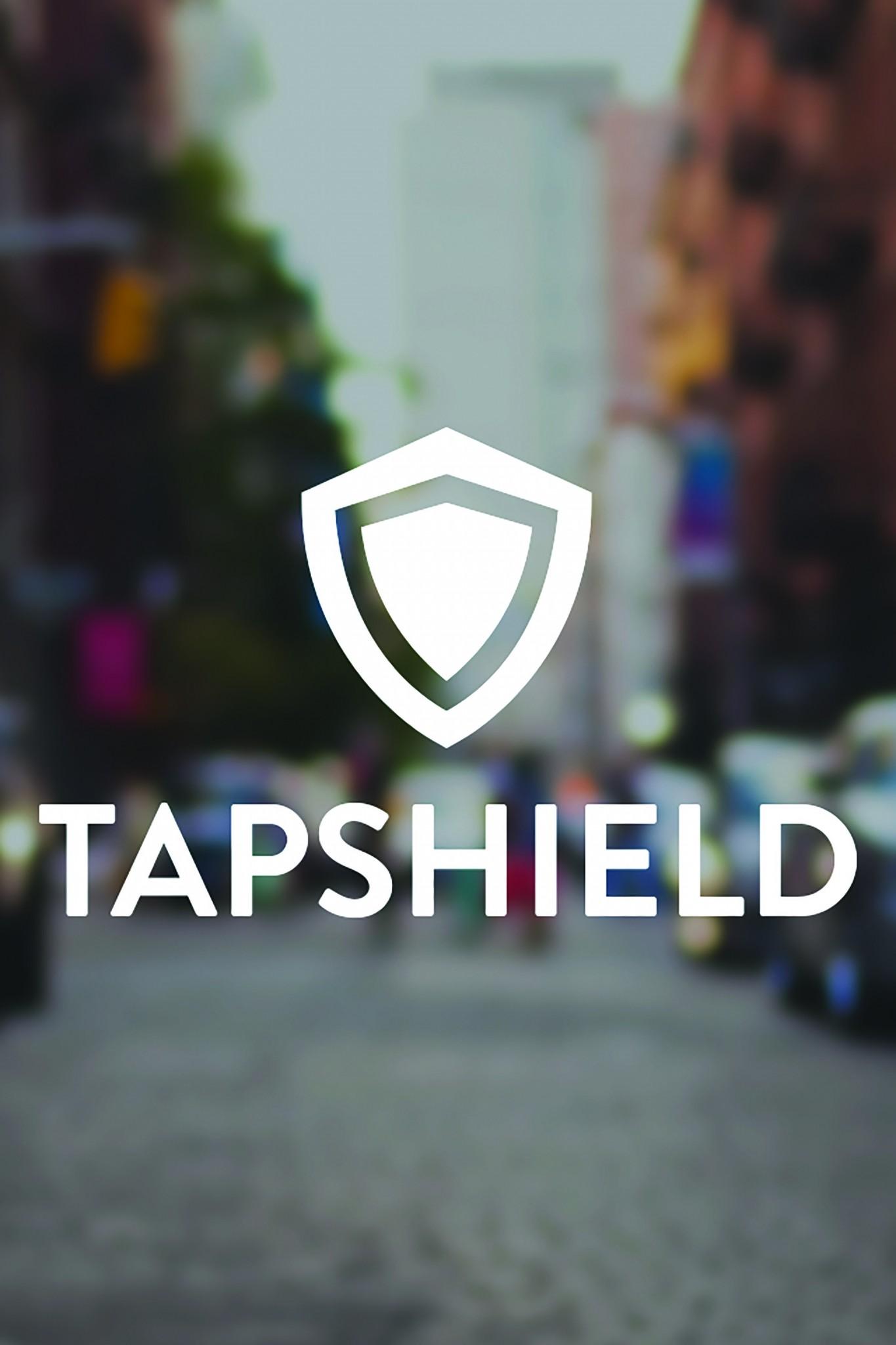Appalachian State University’s Student Government Association is asking students to test the safety apps Lifeline and TapShield in order to receive feedback on which mobile app best fits the university’s needs.
The apps, which are frequently called blue light apps, have the main purpose of notifying the police in the event of an emergency.
Appalachian has demo contracts with the companies of both apps that run through December.
Student Body President Carson Rich said SGA does not have an idea in mind as to when they would like one app to officially be chosen and released.
“We are hoping for this to be the only trial that needs to be done, but when it comes to safety, there is no need to truncate the approval process,” Rich said. “Essentially, if the students we get feedback from are not happy with either application, we will move forward to assess others’ applications that may be better for this environment.”
Some of the features of TapShield include the ability to view crime alerts in your local area, the ability to report non-emergency tips to the local police and other users of the app and the ability to call or message police with one tap on the app, with your GPS location and profile information that is entered when the app is first downloaded.
“TapShield has incorporated Geo-Fencing into its application,” said Emily Rangel, SGA’s director of campus health and safety. “This means that if you are in the parameters of campus, the campus police will be notified in the event of an emergency, and if a student is outside the parameters of the campus, then Boone Police will be notified.”
Other special abilities with the TapShield app include sending your walking route to family and friends with the app, so they can make sure you arrive safely at your destination. TapShield has a patented technology, so when a user pulls headphones from his or her device with force, the app automatically sends out a safety alert unless disarmed, according to the iTunes App Store’s description.
As for Lifeline, the monitoring system is activated by a user holding his or her finger on the screen. Once the finger is removed, if the app is not disarmed within 20 seconds, the app user will get a phone call from the Lifeline’s verification center to verify the emergency. If the emergency is verified, appropriate first responders will be notified of the emergency and will be given GPS location, according to Lifeline’s description on the App Store.
Another feature of the app is the ability to provide the personal information of family and friends called lifelines. In the case of an emergency, the user’s lifelines will be notified via text message and email.
Lifeline prides itself on having an average response time of 7 seconds, according to the App Store description.
“Overall, regardless of what app we go with, or have to research in the future, these are important because they make safety easily accessible to a college student,” Rangel said.
Tapshield is available to download automatically through students’ phones, however, students need to contact Rangel in order to download the Lifeline application for free.
“Our hope for the app that is used in the future is that it makes safety easier to access and lets the campus know that Appalachian cares,” Rich said. “We want students to embrace safety and say they all feel that they are part of the Appalachian Way.”
Story: Nicole Caporaso, News Reporter

